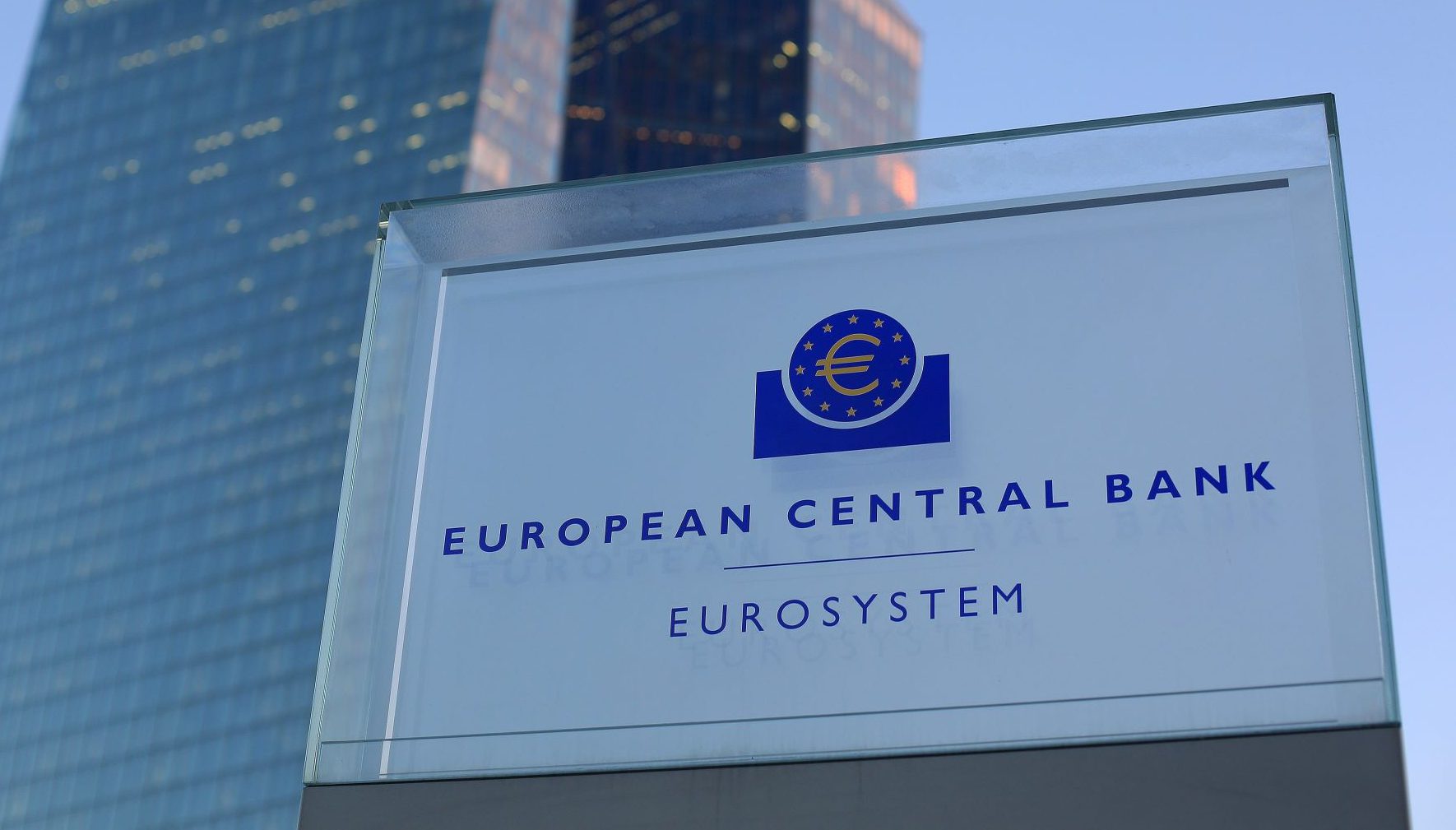The European Central Bank (ECB) announced a 25 basis point cut to its key deposit facility rate, reducing it to 3.50 per cent, as part of ongoing efforts to manage inflation. The decision reflects the ECB’s updated inflation outlook, with headline inflation projected to average 2.5 per cent in 2024, before gradually falling to 1.9 per cent by 2026.
The rate cut is aimed at moderating the restrictive stance of monetary policy in response to underlying inflation dynamics. While inflation remains high, largely driven by rising wages and elevated service costs, the ECB projects that inflation will ease in the second half of next year. Core inflation, which excludes volatile items like energy, is also expected to decline significantly over the coming years.
Despite restrictive financing conditions and subdued economic activity, the ECB remains focused on returning inflation to its two per cent medium-term target. Economic growth in the Eurozone is forecast to be modest, with GDP expected to grow by 0.8 per cent in 2024, rising to 1.3 per cent in 2025.
Maintaining flexibility on bond programs
In addition to the rate cut, the ECB confirmed that it would continue to unwind its bond-buying programs. The ECB is steadily reducing its Pandemic Emergency Purchase Programme (PEPP) portfolio by €7.5 billion per month and plans to fully discontinue reinvestments under this program by the end of 2024.
What this means for businesses and consumers
The lower interest rates will likely result in cheaper borrowing costs for businesses in Europe, although tight financing conditions are expected to continue in the short term. In Malta, however, businesses and individuals largely remained insulated from interest rates imposed by the ECB, with the costs of borrowing remaining stable.
To learn more about why banking customers in Malta are less exposed, click here.
For consumers, the rate cut may signal a slower rise in inflation, particularly as energy prices stabilise. Locally, residents have been shielded from higher energy costs due to a government subsidy, but may enjoy a slower rise in inflation on a variety of goods imported from overseas.
ECB President Christine Lagarde emphasised that further rate adjustments will depend on future economic data, underscoring the bank’s cautious, data-driven approach to monetary policy.
Malta’s inflation edges up to 2.7% in October as food and services lead price pressures
The October RPI reading indicates some re-acceleration in consumer-facing sectors after a period of summer stabilisation
db Group reports turnover of almost €100 million and record profit as it opens bond issue to public investors
This coincides with the launch of a €60 million bond programme to support the Group’s continued expansion
Celebrating success: stories from the team behind Finco Trust
The stories of Lee-Anne Abela, Kris Vella, and Maria Mamo reflect the values that continue to guide the firm forward






